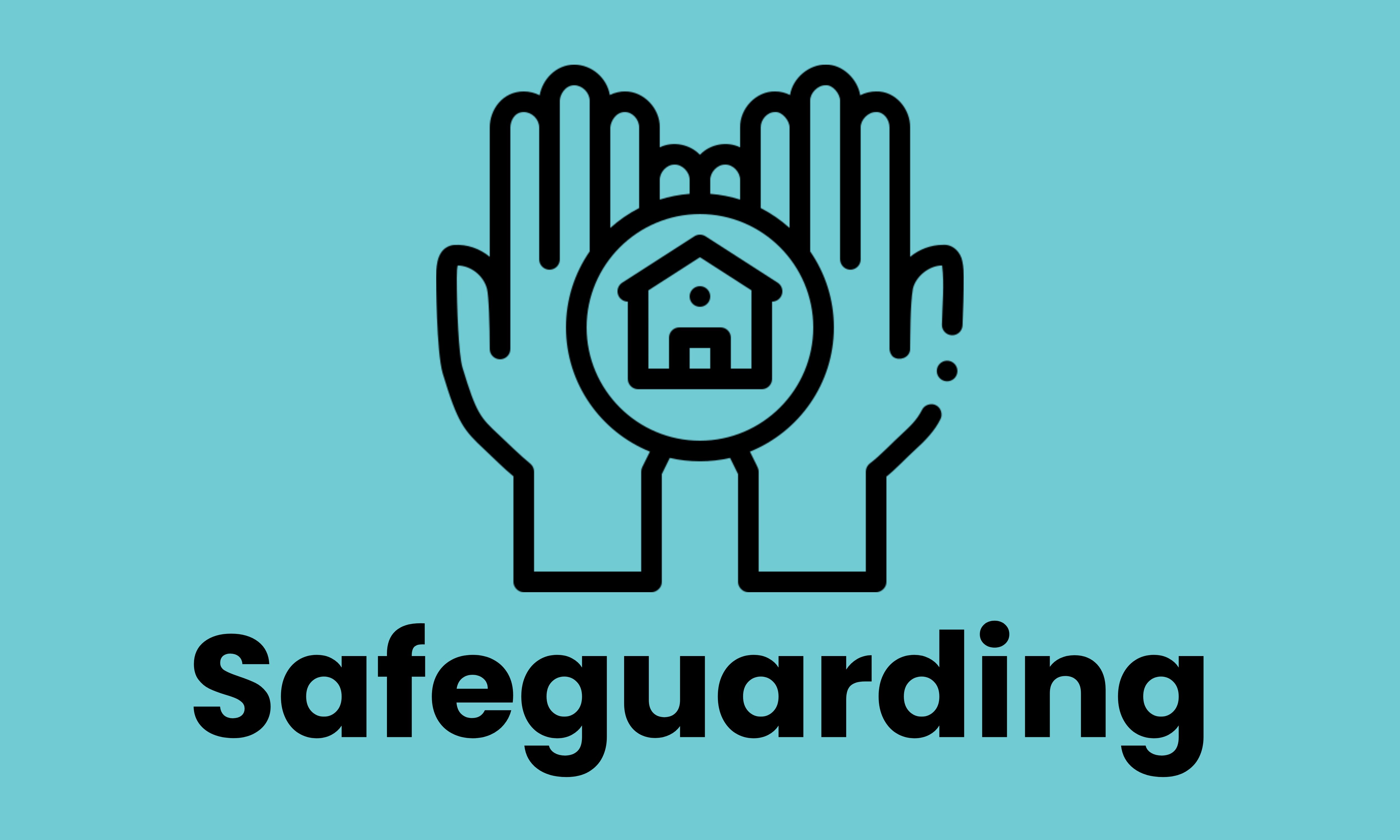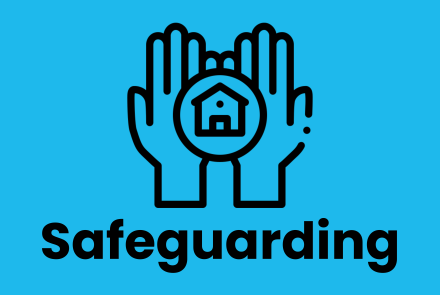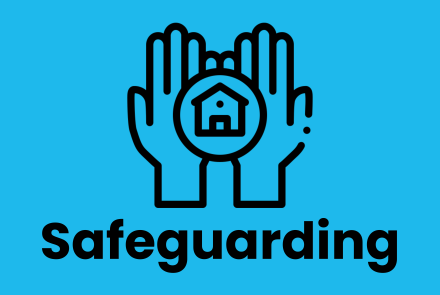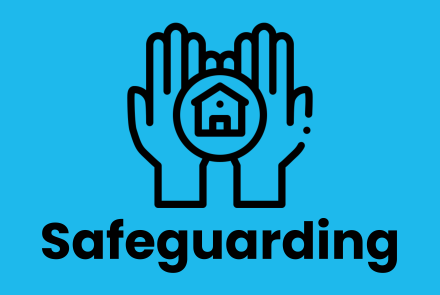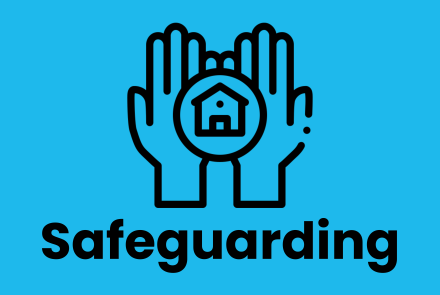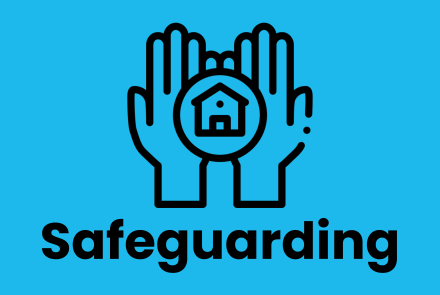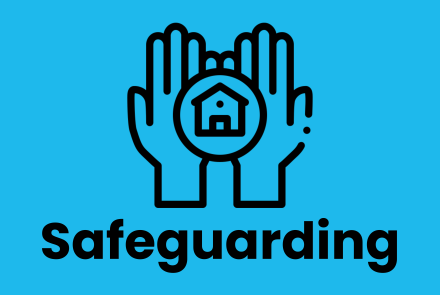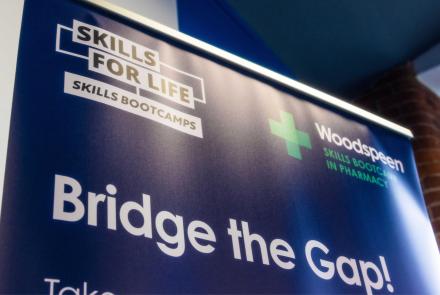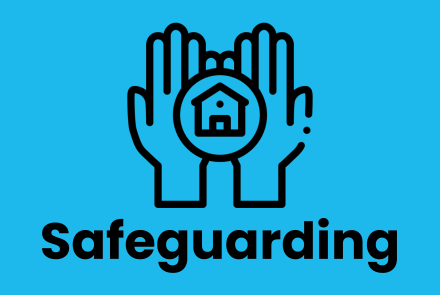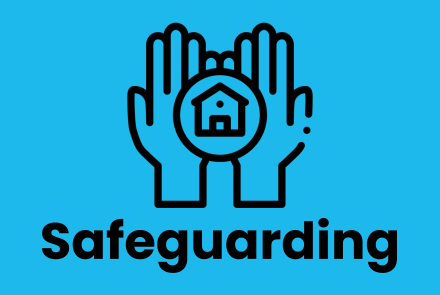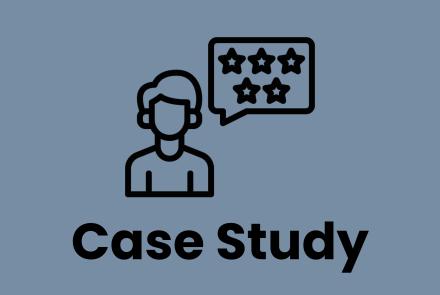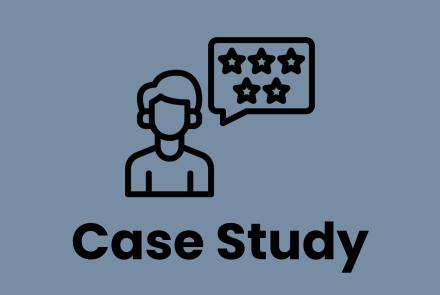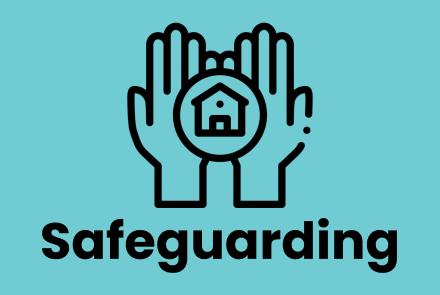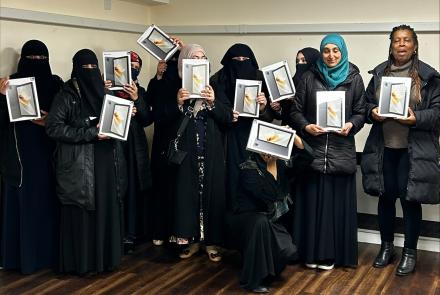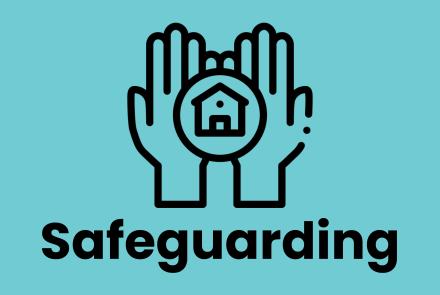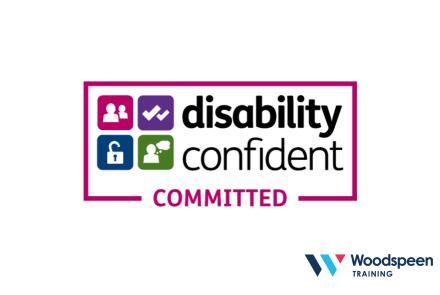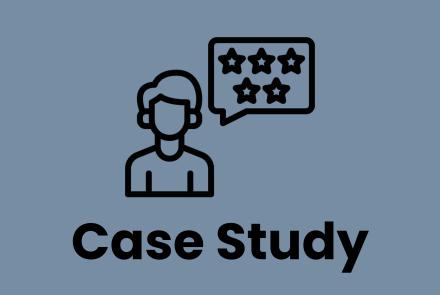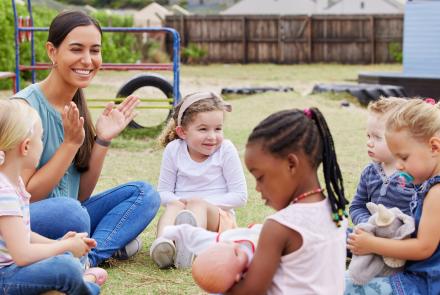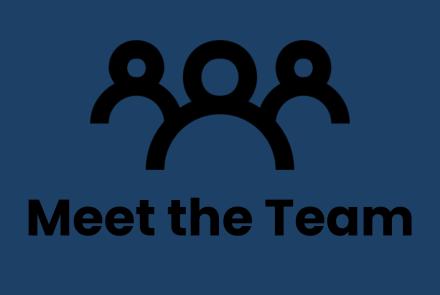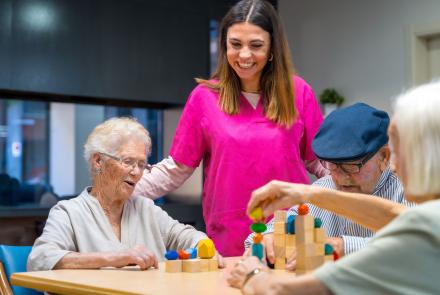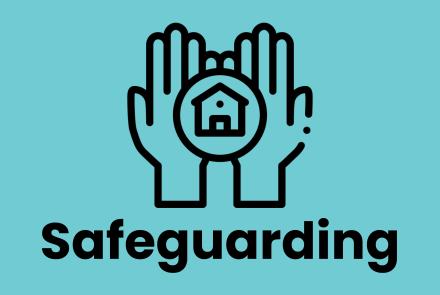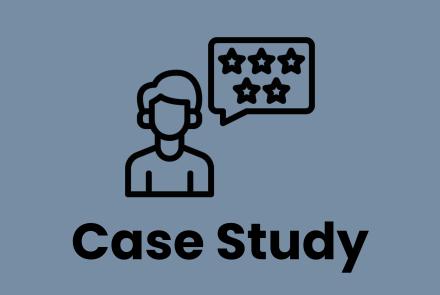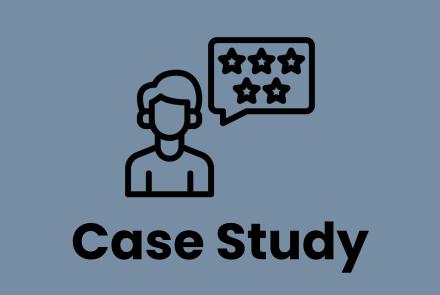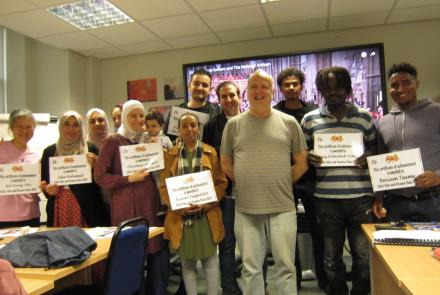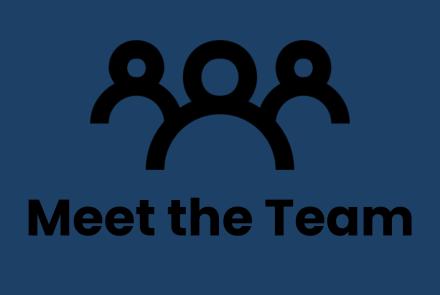Monthly safeguarding bulletin - March 2024
March's Safeguarding bulletin covers information on the new NSPCC campaign LISTEN UP, SPEAK UP
Listen Up Speak UP
Keeping children and young people safe is everyone's responsibility. The NSPCC have launched new campaign, Listen up, Speak up.
They are asking the public to take free, 10-minute digital training and learn how to listen up and speak up for children and young people using three different scenarios covering the topics of mental health, neglect, physical abuse, online safety, and adult content.
To make it easy to remember, you’ll learn how to connect the DOTS by:
- Describing the situation, being
- Open minded
- Think: if not you, then who?
- Speak to someone
Valuable for anyone to complete, this short training is a useful safeguarding learning resource for skills tutors to be using with individual or groups of learners or apprentices. Sign up today!
Child Sex Abuse
The Home Office has announced plans to make mandatory reporting a legal requirement in England. Everyone involved in regulated activity relating to children in England, such as teachers and health professionals, will be legally required to report child sexual abuse (CSA). Under the proposals, those who fail to report CSA face being barred from working with young people and anyone who actively protects child sexual abusers could face a prison sentence. The new measures will be introduced as amendments at report stage of the Criminal Justice Bill in the House of Commons.
For more information: Tougher laws to protect children from sexual abuse.
NSPCC Learning has published the first episode of a five-part podcast series exploring the recommendations made in the final report of the Independent Inquiry into Child Sexual Abuse (IICSA).
The episode discusses: why IICSA was set up; how the NSPCC contributed to the Inquiry; and how the Inquiry engaged with people who experienced child sexual abuse. The second episode looks at data and will be available on 28 February 2024.
Listen to the podcast: Recommendations for Change: an NSPCC Learning Podcast series or on YouTube
Additional Support Needs
Additional support needs can be both long- and short-term dependant on the person and their abilities and circumstances. There are many reasons why a person may need support to help them learn. Additional support needs can be due to developmental needs and or conditions, or due to disability or health.
Support should be based around:
- Understanding and identifying additional needs barriers and dismantling those barriers as much as possible
- Maximising the opportunities for all to reach own full potential, everyone has different talents and skills
- Importance of reassurance and normalising support needs
- Celebrating and recognising individuals needs as added value
- Soft questioning techniques, and use of screening tools to find out as much as we can about the additional need disclosed
Autism
These are some of the characteristics of Autism:
- Problems with social interaction with others
- Unusual interest in objects
- Need for sameness and exact routine
- Great variation in abilities
- Under or over reaction to one or more of the five senses: sight, touch, taste, smell, or hearing
- Repeated actions or body movements
- Struggle with change
Things that can help individuals with Autism:
- Keep language clear and speak slowly
- Use a timetable or plan as much as possible to keep structure and routine
- Minimise direct questioning and encourage eye contact when you can
- Talk through any changes with reassurance, and allow extra time for them to cope with this information and understand what you have said
ADHD
Attention deficit hyperactivity disorder (ADHD) is a developmental condition that affects people's behaviour. People with ADHD can seem restless, will act without thinking and they may have trouble concentrating and act on impulse.
Hyperactivity and impulsiveness can also be presented as follows:
- Being unable to sit still, especially in calm or quiet surroundings
- Being unable to concentrate on tasks
- Excessive physical movement
- Excessive talking and interrupting others
- Being unable to wait their turn
- Difficulty focusing
Things that can help individuals with ADHD:
- Organisation and time management with use of tools to help
- Following instructions step by step
- Focusing and completing tasks, one at a time
- Coping with stress
- Take activity or time out breaks when needed
- Pay attention to all the good things
- Sequencing tasks into smaller bite size chunks
Dyslexia
Dyslexia is a common learning difficulty that can cause problems with reading, writing, and spelling. It is a specific learning difficulty, which means it causes problems and often barriers with the ability to learn. Dyslexia unlike a learning disability is when intelligence is not affected.
Most people think that dyslexia causes people to reverse letters and numbers and see words backwards, but it is also where it takes a person a lot of time to sound out a word.
This is because word reading takes more time and focus, the meaning of the word often is lost, and reading comprehension is generally low level. It is estimated up to 1 in every 10 people in the UK have some degree of dyslexia, and it can vary quite a lot from minor to severe. Due to this over 40% of people can go through School or education with Dyslexia but not be statemented or be aware they have it.
Ways to help support with dyslexia:
- Coloured overlay and dyslexia cards to help aid reading and comprehension and recognition of words/ spellings
- Undertaking work and tasks in sequences and broken down
- Dyslexia tools and software with use of recording such as dictate and immersive reader
- Re-capping and repetition of work and tasks set to help comprehension challenges
Additional needs can sometimes link in and impact on the persons mental health. Mental illnesses that can be related to learning needs, some examples being - depression, anxiety, bipolar personality disorder, chronic phobias, and paranoia.
They can present and can involve changes in emotion, behaviours, or a combination of these. Mental illnesses can be associated with distress, trauma, problems coping and functioning day to day. If the mental illness is severe and has a substantial impact on a person, under the Equality Act it can be classified as a disability.
List of useful organisations:
- Autism Education Trust
- Access to Work Service
- The Better Health Generation
- Work Mental Health Support Service
- Disability Confident Foundation
- ADHD Foundation
- British Association for Supported Employment
- Dyslexia - British Dyslexia Association
Prevent and Radicalisation
The current UK national terrorist threat level is ‘substantial’, which is defined as ‘an attack is likely’. This level has been unchanged since February 2022 and is set by the Joint Terrorism Analysis Centre and the Security Service (MI5).
The threat to Northern Ireland from Northern Ireland-related terrorism is ‘severe’, which is defined as ‘an attack is highly likely’. More information available here.
Liverpool teenager convicted of preparing acts of terrorism
Jacob Graham, 20, from Norris Green in Liverpool appeared at Manchester Crown Court in February, where he was convicted of the following offences against the Terrorism Acts of 2000 and 2006:
- Preparation of terrorist acts
- Two counts of dissemination of terrorist publications
- Four counts of possession of material likely to be useful to a terrorist
He was arrested in May 2023 under section 41 of the Terrorism Act 2000 by officers from Merseyside Police and Counter Terrorism Policing North West. The warrant which was carried out at his address was executed as part of an investigation into purchases of chemicals that could have been used to make explosives.
As the investigation into Graham’s activities progressed, officers reviewed his media devices and identified that he had collected a huge number of manuals, instructions and publications, which focused on providing instructions for the manufacture of firearms, ammunition and explosives; some of which were printed out and stored in a folder in his home. Graham was also found to have constructed a document entitled ‘Freedom Encyclopaedia’ and shared it with contacts over the internet.
This was a manual filled with instructions on how to build weapons, including shotguns, nail bombs, explosives, including Black Powder (also known as gunpowder) and plastic explosive; ignition devices and instructions on how the perpetrators might evade the police.
This document contained an opening paragraph that described the book being written for ‘misfits, social nobodies, Anarchists and Terrorists’ and the prosecution argued he intended this to assist others in committing their own acts of terrorism and that Graham was motivated both by hatred of the government and ecological concerns.
The court also heard how Graham had sent instructional documents on construction of explosives and a home-made submachine gun to online contacts and in doing so was reckless as to whether they would provide assistance in the commission of acts of terrorism.
The jury heard evidence that Graham had written a document setting out his plan to commit a bombing campaign with the aim of killing 50 or more people, and that he had then gone on to acquire chemicals and experiment with construction of explosives. Graham has been remanded into custody until sentencing in March.
More information available here.
Isle of Wight teenager found guilty of planning terrorist attack
Following an investigation by Counter Terrorism Policing South East (CTPSE) a 16-year-old boy from Cowes, on the Isle of Wight, has been convicted of terrorism offences in February. The boy was charged with preparation of terrorist acts and three counts of dissemination of terrorist publications under the Terrorism Act 2006.
He was planning to attack people he believed had insulted Islam. He was found with a knife in his possession when he was arrested. The boy also shared terrorist publications with others, the ideology of which was influenced by Daesh. He had an Islamist Terrorism ideology.
More information available here.
Latest Safeguarding News Stories
- EU opens investigation into TikTok over online content and child safeguarding
- Tech giants ‘could severely disable UK spooks from stopping online harms’
- Hacker group's site taken over by law enforcement
- Children exposed to ‘spicy’ adult fiction by BookTok influencers
- Tinder introduces passport-scanning ID checks for UK users


